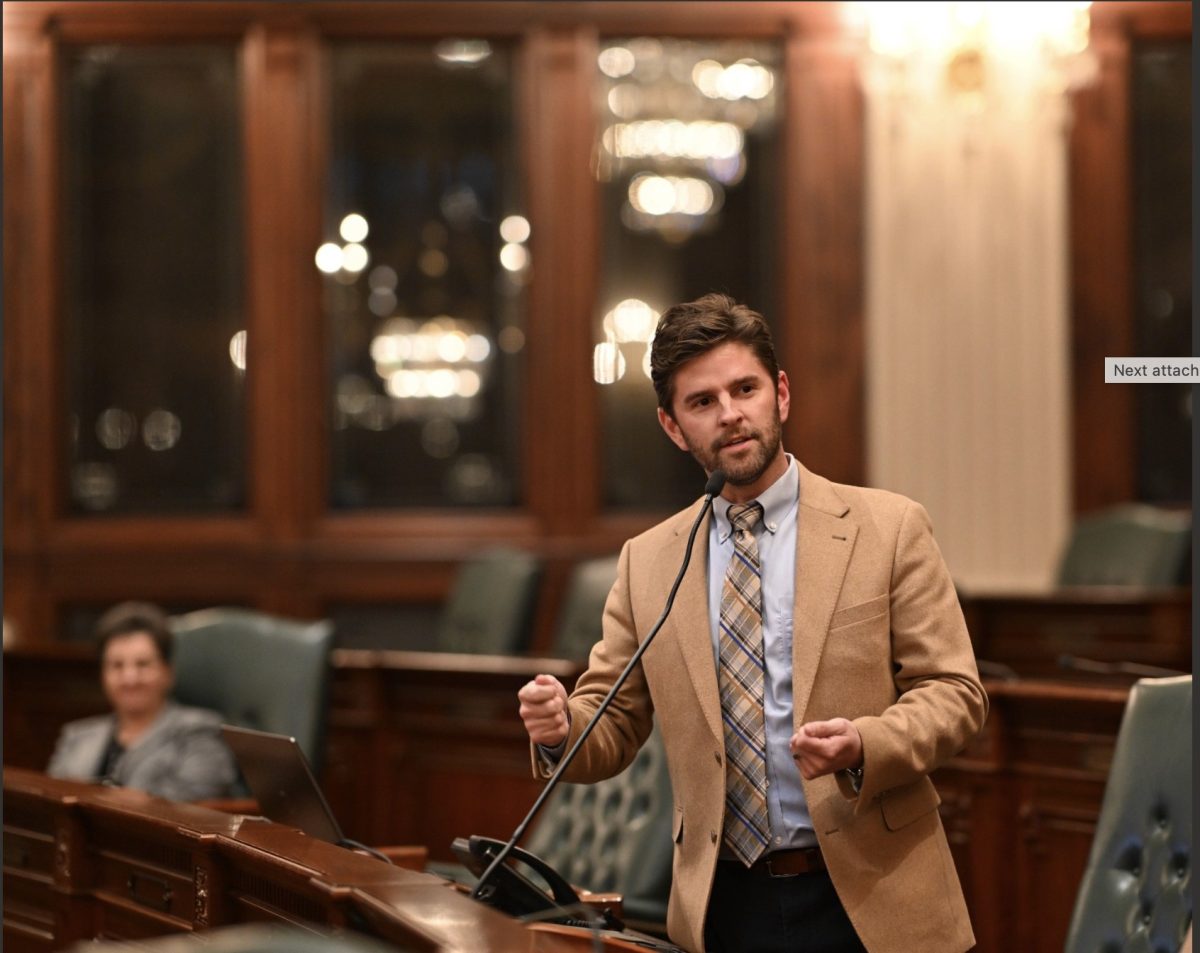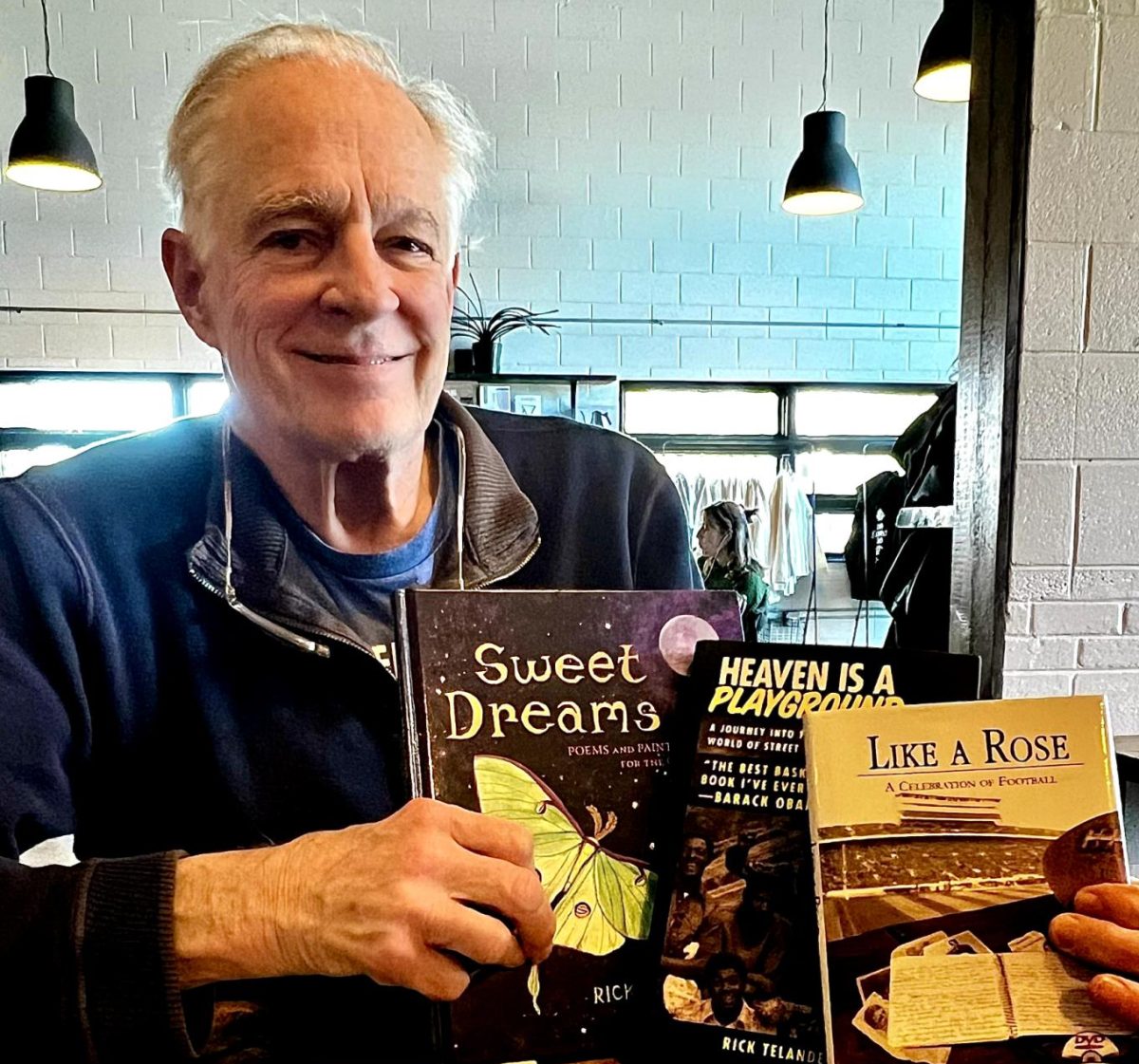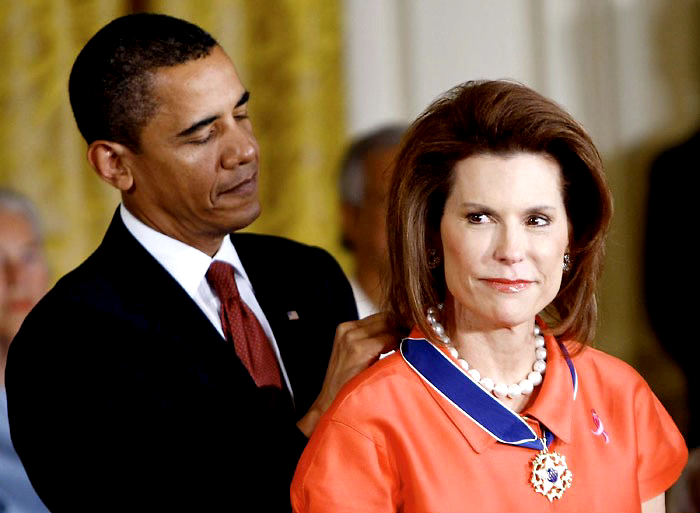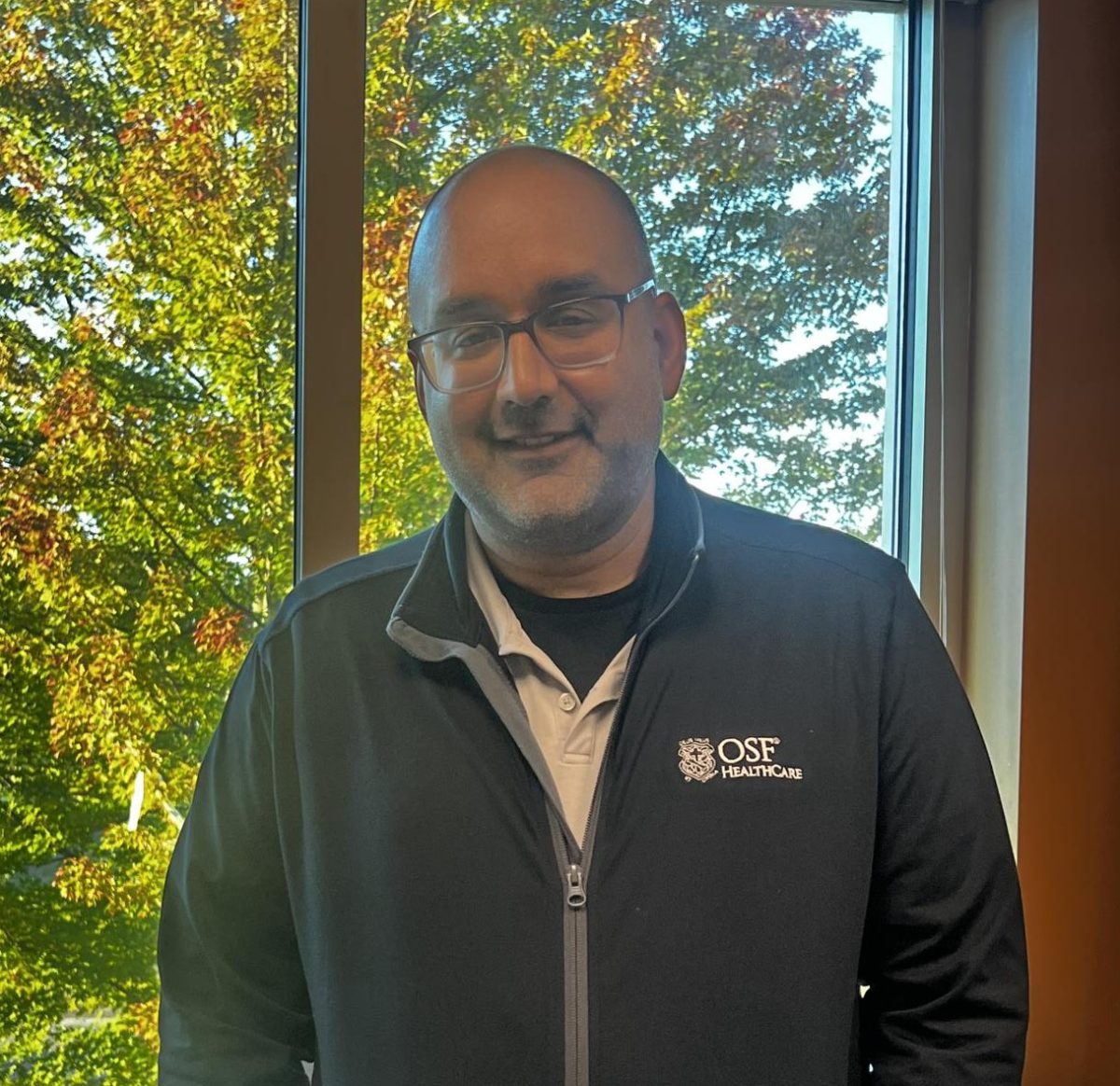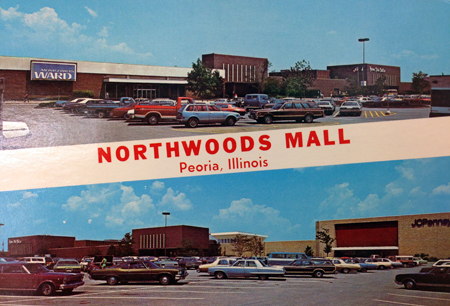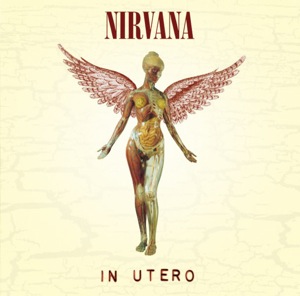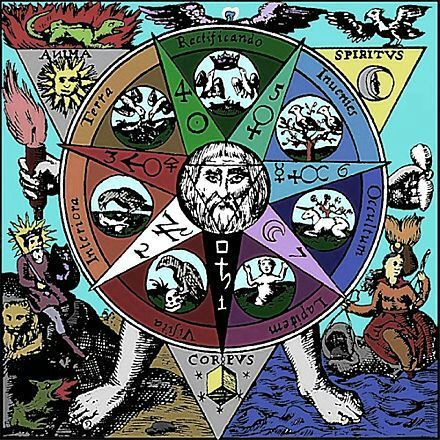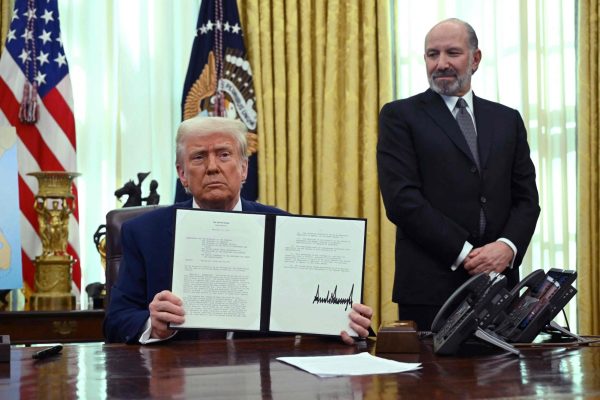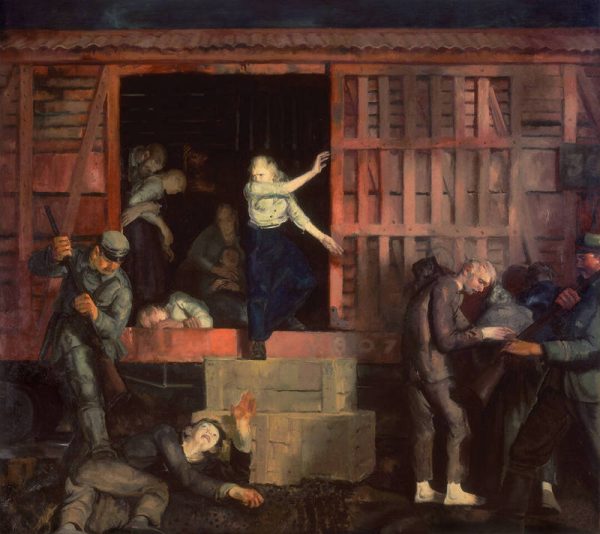The Monkeypox Epidemic
Monkeypox is an infectious disease that originated in small mammals in Central and West Africa. It is a member of the poxvirus family, along with smallpox and cowpox. The first identified human case was a 9-month-old boy in the Democratic Republic of Congo in 1970 and was reported in 11 other African countries. Until recently, almost all cases were either endemic or related to international travel. In May of 2022, however, monkeypox began cropping up all over the world and has been spreading more rampantly than we have ever seen before.
Monkeypox is most commonly spread between humans by physical or intimate contact with an infected person. Touching objects used by someone who is infected or having contact with rashes or scabs caused by monkeypox may cause infection, but sexual intercourse has been the source of most cases since May 6, 2022. Experts from the World Health Organization believe that the decline in smallpox vaccinations, which are about 85% effective against monkeypox, are a factor in the sudden increase of cases.
Symptoms of monkeypox will appear within three weeks of exposure, and flu-like symptoms may precede the formation of rashes near or on genitals, hands, feet, chest or face. It may share the appearance of blisters or pimples and will scab over before healing. Headache, fever, chills and muscle aches are additional symptoms that have been reported. Monkeypox can still be spread until all of the scabs have fallen off and healed over, but the illness typically only lasts 2-4 weeks.
Unlike its more dangerous cousin, smallpox, monkeypox is less contagious and its fatality rate is much lower. The mortality rate of monkeypox currently stands at about 3-6%, and only 1 of the 23,116 confirmed cases in the US have died as a result of the disease since January 1, 2022, according to the CDC. The most deaths in this same time frame have been in Nigeria and Ghana, both having lost 4 people.
More locally, The Illinois Department of Health has confirmed 1,212 cases as of September 16, almost all of which are in the Chicago area. There have been none in Peoria so far, but the Peoria City/County Health Department still urges people to be careful of possible transmission. There are vaccinations available for monkeypox that the CDC has recommended for those who have come in contact with it or are more prone to contracting it, but the World Health Organization has stated that mass vaccination is not yet needed. For the moment, the best way to avoid monkeypox is to not have physical contact with someone who has been exposed or shows symptoms.



